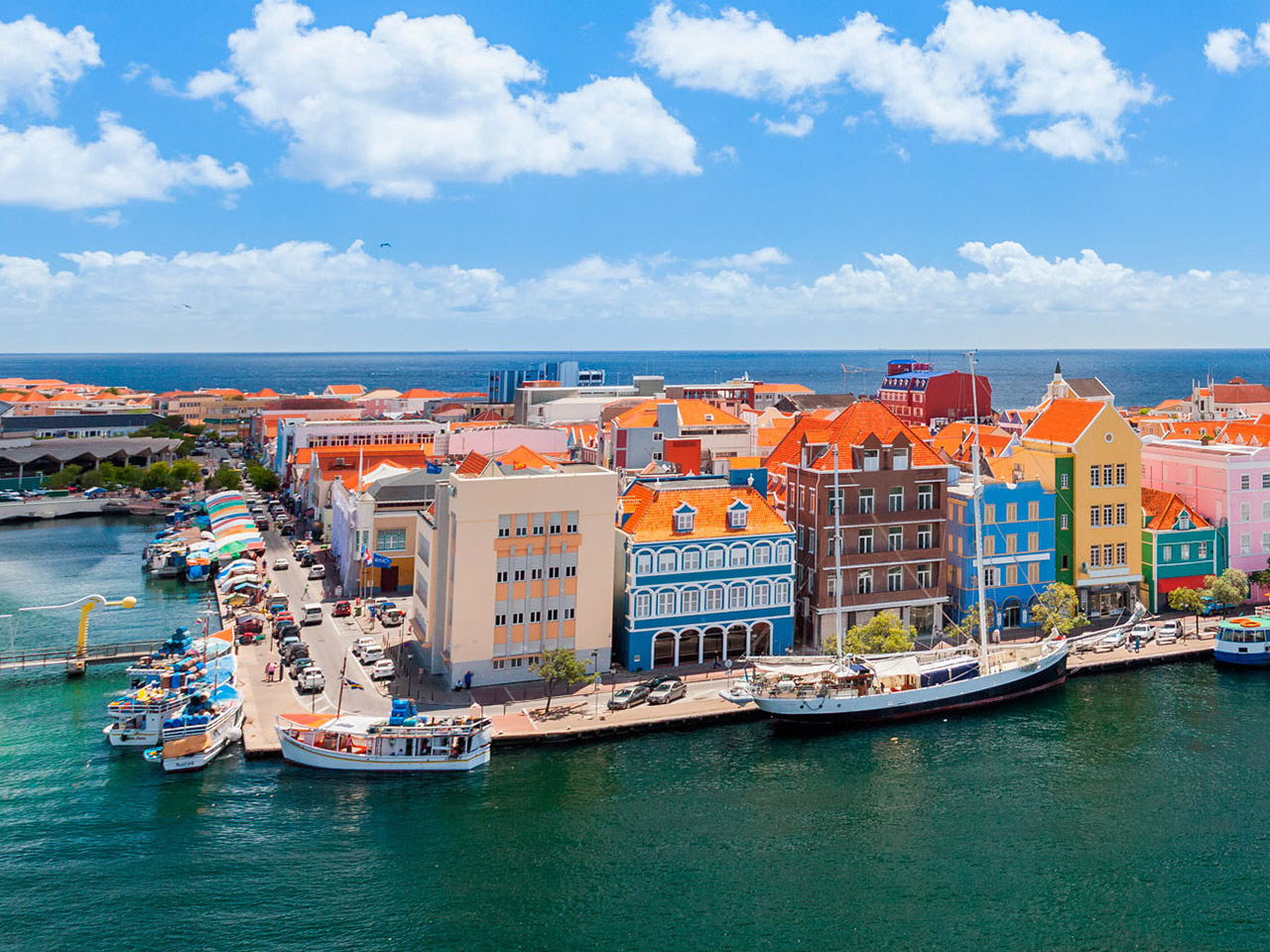

Edge Magazine Cititrust, April 2011 – Ever since the formation of the European Economic Community and its transition into the European Union, the Dutch colony of Curaçao has been in the unique position as a low-tax gateway to Europe. As of October 2010, Curaçao gained independence from the (now dissolved) Dutch Antilles to become an autonomous crown dependency of the Netherlands, giving the newly formed semi country more freedom to set its own tax laws, while maintaining market access to the EU. It has given Curaçao vast opportunities to expand its financial sector as well as its position as a trading nation with its deep water harbor, international airport and refinery industry.
The so-called ‘Dutch Sandwich’ was one of the first well known tax planning structures. Because of the beneficial tax treaty that the Netherlands had with the then Netherlands Antilles the withholding tax rate on outgoing dividends could be reduced to 8.3%. The Netherlands BV could be used for investment into Europe or elsewhere to receive royalties and dividends, making use of the parent subsidiary directive, the interest and royalty directive and its tax treaty network to reduce withholding taxes on incoming dividends and
royalties.
In the Netherlands Antilles itself the dividends would be for 95% exempted and the remaining 5% would be taxed at 34.5% (the local corporation tax rate), against which the Dutch dividend withholding tax paid could be offset. As a result no further tax was payable in the Netherlands Antilles. The Netherlands Antilles itself did not, and does not, have a dividend withholding tax. This was an interesting tax structure because in the past countries that had tax treaties with so-called tax havens were virtually non-existent.
However nowadays there are many alternatives to the Dutch sandwich; solutions which result in a lower tax burden than the 8.3% levied by the Netherlands on outgoing dividends to Curaçao.
Curaçao changed its participation exemption several years ago; now 100% of received dividends and gains are exempt, provided certain conditions are met. A qualifying participation exists in case of a shareholding of at least 5%. The exemption applies for dividends as well as for capital gains. However, with regard to dividends it is required that these are derived from an active participation (non-portfolio investment) or a participation that is subject to at least 10% tax.
Cyprus is a country with the required tax rate of 10%, which itself taxes portfolio investment very lightly. So Cyprus would be a good country for the Curaçao entity to set up a subsidiary and hold investments – active as well as passive – in other countries. Being part of the EU dividends received from other EU countries will not be subject to withholding taxes, nor does Cyprus tax capital gains. Cyprus does not levy withholding taxes on outgoing dividends, interests or royalties either (provided the royalty rights are not exercised in Cyprus).
An interesting feature of the Curaçao participation exemption, which also happens to be a feature of the Dutch participation exemption, is that real estate investment is deemed to be an active investment; in other words the company can hold real estate investment directly through a company based in a zero-tax jurisdiction while still being able to benefit from the participation exemption.
This multi-layered structure can access almost any market and avoid a wide range of taxations. It is a well known and widely accepted tax-planning tool.
This article was published in Edge Magazine Cititrust, April 2011.